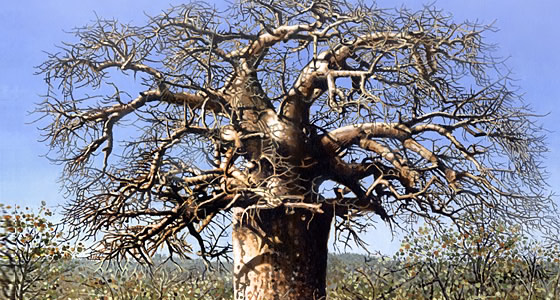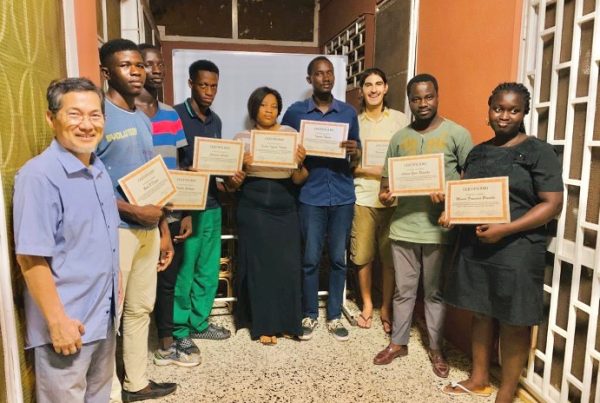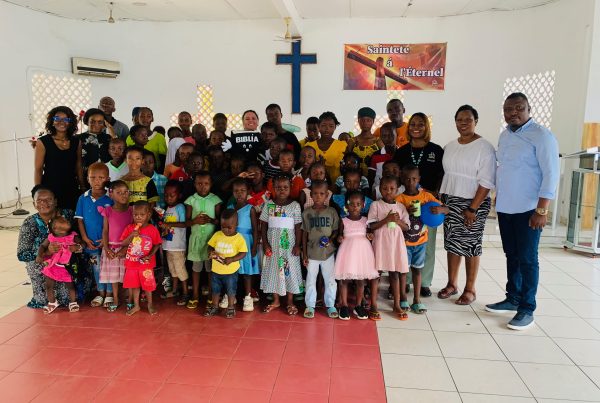Written by: Daniel Abdou Karim Lucien GOMIS
Greetings,
The goal of the Awari leadership blog is to share my readings and thoughts on leadership. In this first issue, I am sharing notes from Africa’s Enigma and Leadership Solutions by the late Dr Tokunboh Adeyemo, General Editor of the Africa Bible Commentary and author of Is Africa Cursed?
In this excellent little book, Dr Tokunboh is addressing basic issues in leadership in Africa and suggesting solutions.
Africa’s Enigma (p.1-14).
In his first chapter, he discusses Africa’s enigma of having a rich soil with precious minerals, hydropower potential, solar power possibilities, abundant labor force compared with the dire poverty, the hunger, the low incomes, the injustices and dehumanization. He concludes with the words of the Nigerian writer Chinua Achebe: “We have lost the twentieth century, are we bent on seeing that our children also lose the twenty century?” In reality, for decades, Africa has had bosses – not leaders. This yoke needs to be broken.
What is the AfrIca’s leadership yoke? (p.15-20).
A yoke is a wooden piece fastened over the necks of two oxen and attached to a plough or wagon… It can have a positive or a negative meaning; in respect to the leadership scenario in Africa, Dr Tokunboh is using the “yoke” in the latter sense.
“I think what you do as a writer depends on the state of your society” Chinua Achebe. This is not only true for the writer, but also for the leader especially in Africa. It is imperative to understand the African worldview in order to be more effective as leaders.
Dr Tokunboh reminds us that: “… the African worldview is mystically anthropomorphic. Ubuntu Wa Mubuntu: “I am because we are.”
The major cardinals and values of this worldview includes:
- People-centered philosophy. This means that people matter more than things including time. It is believed that the gods exist for the welfare of people and their worship is purely utilitarian.
- Community. An African is not an individual in a technical sense but a being-in-community, a part of an organic whole.
- Respect for age and near deification of the aged. Elders are the repository of history and interpreters of events.
- Holistic approach to reality. The mystical worldview does not divide between sacred and secular, spiritual and material, and between the state and religious institution. To an Africa, religion is not just a department of life disciplines, rather, it is the hub that holds life together.
- Toleration of other religions. What drives traditional religiosity is the simple question: does it work?
- Events-orientation rather than linear time-keeping.
- Sense of shame rather than guilt. Morality is tied to community acceptance.
- Possession of power. African believe that in the constant cosmic struggles, man can acquire life force or power through divination, sorcery or by allying with ancestral powers to manipulate elemental forces and ward-off contrary spirits.
- Ritual attachment to land and the dead.
- Religious explanation of whatever happens. This borders on superstition at best and fatalism at worst.
A worldview has nothing good or bad per se, as it the way people perceive their world and it is informed by their experience, their beliefs and their values. However, the implications of a worldview can also seriously affect its leadership practice.
Implications of the African worldview
- A mystical explanation of events that excuses taking personal responsibilities for failures, or looks for scapegoats is a popular excuse over Africa.
- Too strong a tribal or ethnic tie that promotes nepotism and fuels ethnic hatred and total disregards for others ‘human rights is a bane of the entire society in the long run.
- Ritual attachment to land that produces “settlers” rather than “pioneers” and slows down economic development and progress is not uncommon.
- Preoccupation with the past and present blinds people’s eyes and weakens strategic planning for the future. On the positive side, it minimizes anxiety.
- Youth are excluded from decision-making and leadership on the grounds of lack of experience and/or marital status. Such practices can be de-motivating and retrogressive.
- Positions and power are usually retained for life in traditional political structures and opposition as we know it in modern democracy is not tolerated.
Pastor Mensa Otabil comes to the conclusion that Africa’s enigma cannot be resolved until African culture is dealt with: “The immortal head of the African hydra is the culture that produces the African. This is the stronghold to pull-down.”
Dear friends, what comes to mind when we prayerfully and honestly reflect on these thoughts?





